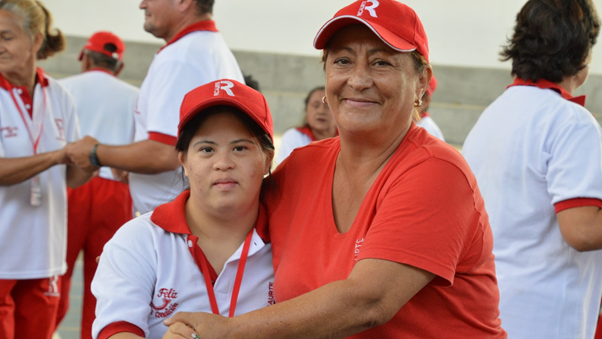Our Process consist of six steps which are aligned with and follow the National Disability Insurance Scheme (Restrictive Practices and Behaviour Support) Rules 2018.
1 – Building a Behaviour Support Team
Positive Behaviour Plan begins by developing a team of the key stakeholders or individuals who are most involved in the client life. This team should include the family, but also may include friends, other family members, therapists, and other instructional or administrative personnel. Team members collaborate in multiple ways in order to develop, implement, and monitor a client support plan.
2 – Person-Centred Planning
Person-centred planning provides a process for bringing the team together to discuss their vision, choices, likes and dislikes for the client. Person-centered planning is a strength-based process that is a celebration of the client and a mechanism of establishing the commitment of the team members to supporting the client.
One of the key features of positive behavior support for client with problem behaviour and their families is a commitment to a collaborative team approach. This is especially important for clients whose problem behaviour occurs in multiple settings such as the home, community etc.
3 – Functional Behaviour assessment
Functional assessment is a process for determining the function of the client’s problem behaviour. Functional Assessment or Functional Behaviour Assessment (FBA) involves the collection of data (evidence-based strategies), observations, and information to develop a clear understanding of the relationship of events and circumstances that trigger and maintain problem behaviour, while safeguarding the dignity and quality of life of people with disability.
4 – Hypothesis Development
The functional assessment process is completed with the development of a behaviour hypothesis statement. The behaviour hypothesis statements summarise what is known about:
- Triggers
- Behaviours
- Maintaining consequences
- Purpose of the behaviour
5 – Comprehensive Behaviour Support Plan development
Behaviour support plans must contain the following components:
- Behaviour Statements – Statements that include a description of the behaviour, triggers or antecedents for the behaviour, maintaining consequences, and the purpose of the problem behaviou
- Behaviour Prevention Strategies – Strategies that may be used to reduce the likelihood that the client will have a problem behaviour. These may include environmental arrangements, personal support, changes in activities, changes in expectations, etc.
- Replacement Skills – Skills to teach that will replace the problem behaviour.
- Consequence Strategies – Guidelines for how the Support worker will respond to problem behaviours in ways that will not maintain the behaviour. In addition, this part of the plan may include positive reinforcement strategies for promoting the client’s use of new skills or appropriate behaviour (this may also be included in prevention strategies)
- Long Term Strategies –This section of the plan may include long-term goals that will assist the client and family in meeting their vision of the client (e.g., develop friends, attend a community program).

